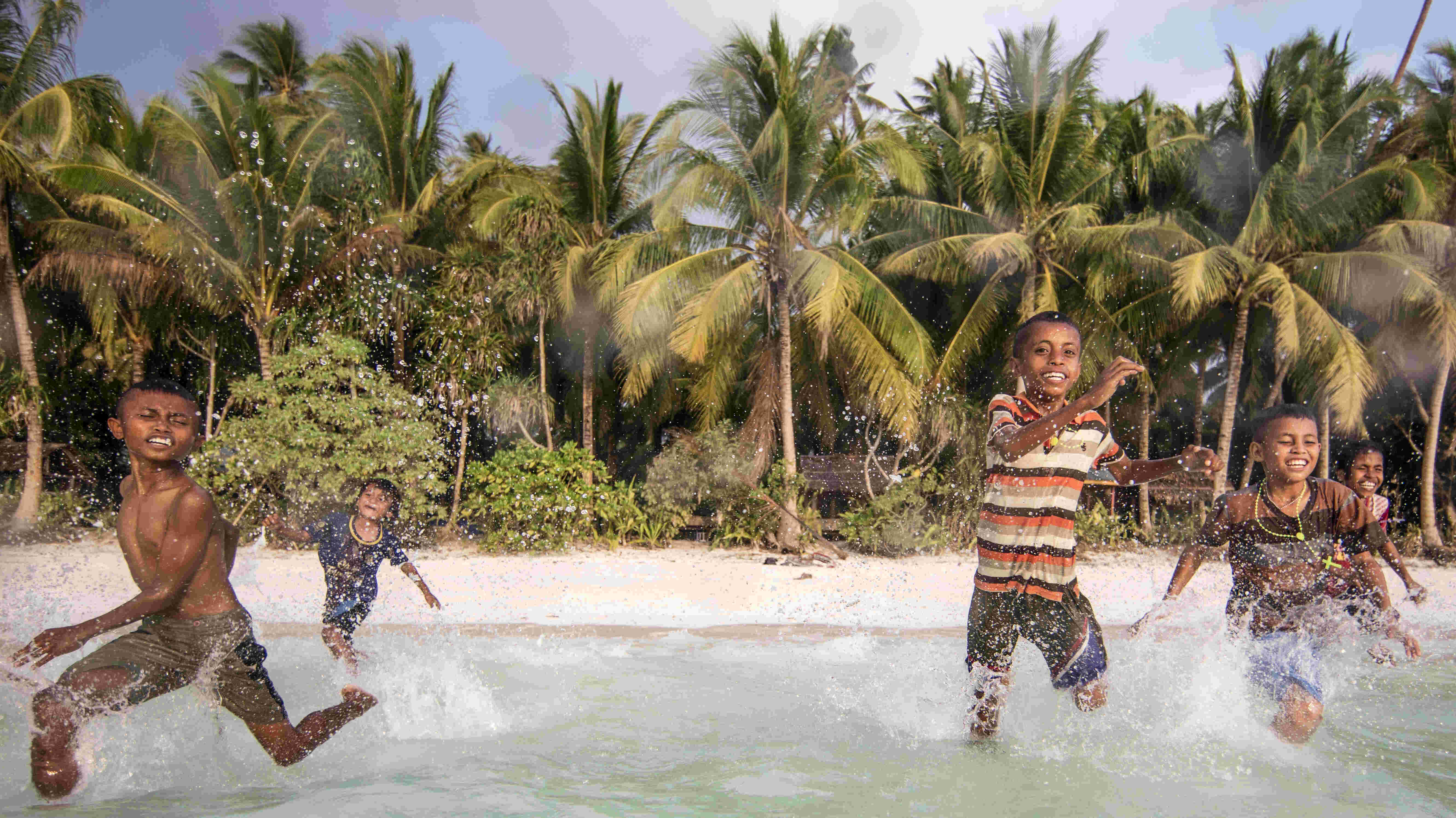HUMAN RIGHTS PRINCIPLES
WWF-Indonesia is a conservation organization that seeks to advance its mission - a world where people and nature thrive - on the fundamental principle that positive outcomes for people and nature depend on strong anchoring and integrating human rights into conservation practices. While the protection of human rights lies with the state as the 'duty bearer', WWF recognizes that businesses and organizations, including our own, can play an important role in human rights.
While respecting national laws and the role of the state, this statement of principles applies in the context of all WWF-Indonesia's work. This statement forms part of WWF-Indonesia's core standards, which have been adopted across the WWF Network and are underpinned by our core values of courage, integrity, respect and collaboration. We have 7 human rights principles, namely:
1. Respect Human Rights
WWF-Indonesia respects and promotes internationally proclaimed human rights, including the right to a safe, clean, healthy and sustainable environment.
2. Implement a Human Rights Based Approach
WWF-Indonesia promotes a human rights-based approach to conservation and is committed to integrating such an approach in its work.
3. Advocate for States to Meet Their Obligations as Duty-bearers
In its work, WWF-Indonesia encourages states to respect, protect and fulfill their obligations to rights holders; in meeting their duty to protect, states must prevent, investigate, punish and address any human rights violations.
4. Avoid Causing or Contributing to Human Rights Infringements
WWF-Indonesia seeks to identify human rights violations that will have negative impacts and take appropriate steps to prevent or address those impacts.
5. Support Protection of People in Vulnerable Situations
WWF-Indonesia recognises the need to make special efforts to prevent harm to those who are vulnerable to infringements of their human rights, and to support the protection and fulfillment of their human rights within the scope of its work.
6. Encourage Good Governance
WWF-Indonesia supports the improvement of governance systems that can secure the rights of indigenous peoples and local communities in the context of its work on the conservation and sustainable natural, resource use, including elements such as legal, policy and institutional frameworks, and procedures for equitable participation and accountability.
7. Support Rights Holders
WWF-Indonesia seeks to support rights holders to exercise their rights and to hold duty-bearers accountable.
8. Support Human Rights in Partnerships
WWF-Indonesia expects its partners to respect human rights and reserves the right to withdraw from partnerships if this expectation is not met.
9. Support the Human Rights of Environmental Defenders
Without putting at risk its staff, partners, or environmental defenders themselves, WWF seeks to promote the responsibility of duty-bearers at local and national level to secure civic space and protect the human rights of environmental defenders.
10. Align Communications and Advocacy
WWF-Indonesia works to incorporate its commitment to human rights in its communications and advocacy.
We recognize that full implementation of these human rights principles will require the involvement and commitment of all staff, especially management and directors who have primary responsibility for implementing this policy. This is a long-term commitment that requires strong internal leadership, systematic monitoring and regular review.

